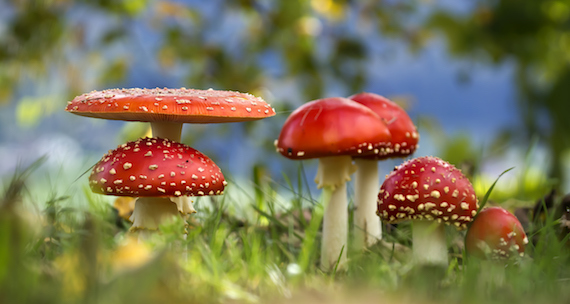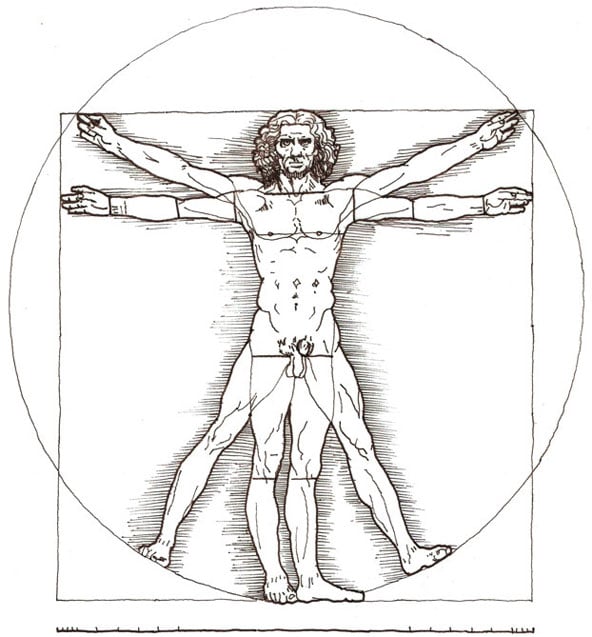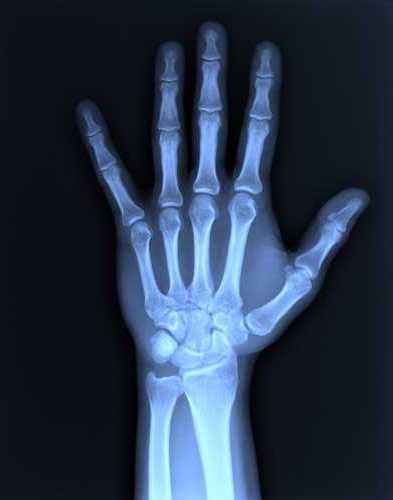Throughout graduate school and even now, I’ve relied on Wikipedia as a valuable resource for quick information. My mentors and teachers have cautioned me against actually citing Wikipedia articles, but often these articles will show up as top searches on Google, and their listed references lead to published scientific articles so I could always go back to the original source and see the data and conclusions for myself. The fact that Wikipedia is free and freely edited makes it prone to fictionalization, which reminds us of the importance of corroborating whatever we read with third-party sources and our own experiences.






.jpg)


